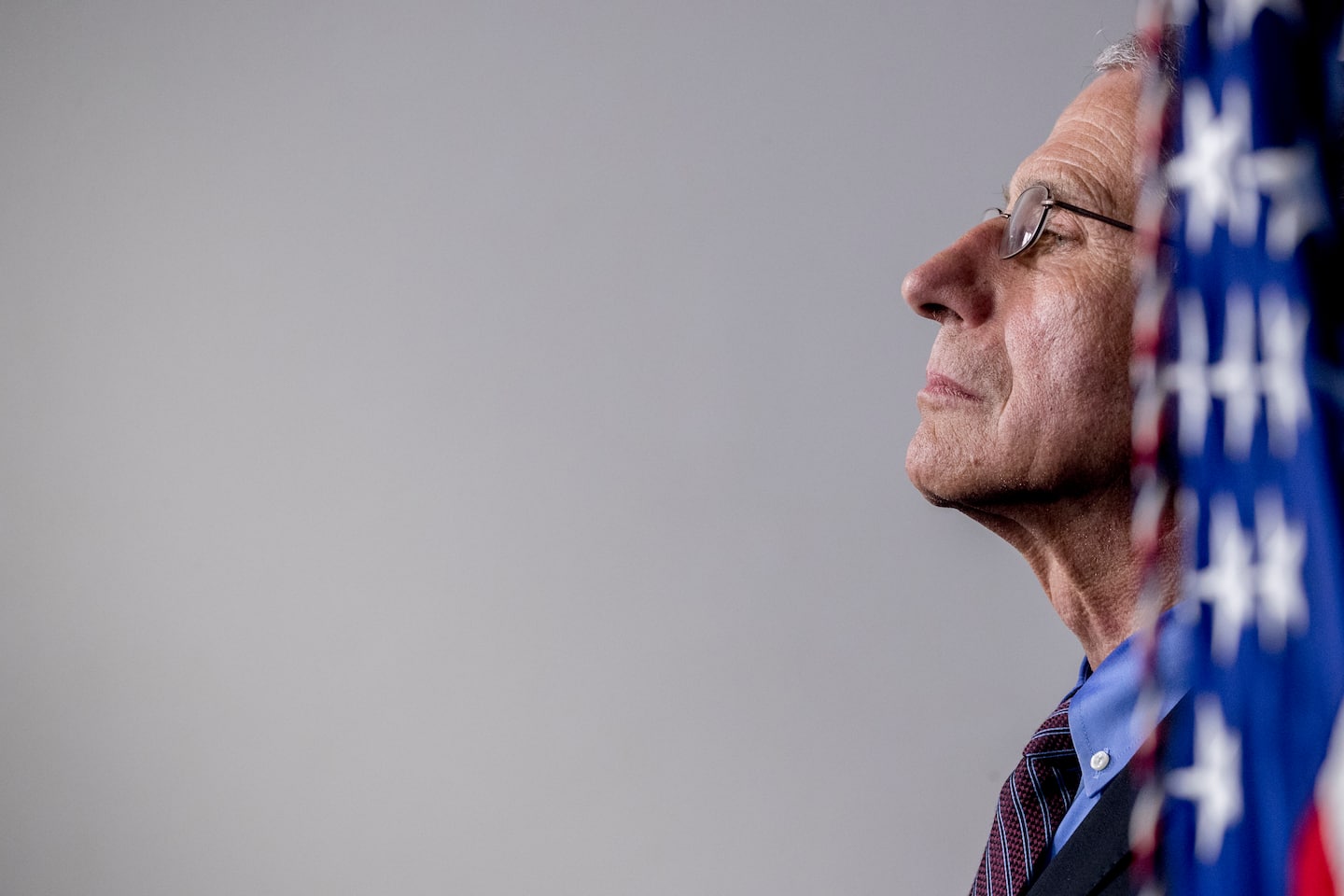Anthony Fauci owes no one an apology

Now, with the benefit of data more clearly showing that schools have not been a major source of covid-19 spread, Fauci has become more bullish on in-person education. “Close the bars and keep the schools open,” Fauci said on ABC News on Sunday, before adding that there is no “one size fits all” solution to the problem.
The constructive response — indeed the adult response — would be for Paul to warmly welcome Fauci’s recalibration. Instead, he blasted the scientist on Twitter. When alt-right activist Jack Posobiec tweeted that Fauci owed Paul an apology, the senator wrote: “No, he owes one to every single parent and school-age child in America.”
Paul is wrong. Fauci owes no one an apology, and the demand for the doctor’s atonement is about as anti-science as you can get.
Paul has no standing to ask an apology of anyone, given all the misinformation he has advanced in recent months. Will the senator apologize for arguing in September that New York had already attained herd immunity — a claim that became even more offensive in recent weeks as cases and hospitalizations in the state surged, along with those in the rest of the country? Will he apologize for citing a study to back up that claim when in fact that study made the opposite point? Or for casting doubt on the effectiveness of wearing masks, against scientific evidence?
In response to request for comment for this article, Paul made clear he will not apologize, doubling down on his claims. He added, “Fauci for six months denied the data supporting opening of schools. He now agrees with the data we presented to him six months ago.”
But Fauci has always recognized the need to keep kids in schools as much as possible. In June, he told CNN that keeping schools closed in the fall because of safety concerns might be “a bit of a reach,” recognizing that children tend have milder or even no symptoms. But he also said, “I hesitate to make any broad statements about whether it is or is not quote ‘safe’ for kids to come back to school,” and stressed that “children can get infected, so, yes, so you’ve got to be careful.”
In a briefing with media in August, Fauci reiterated this position: “There are some areas, like we’ve seen over the last couple of weeks … of very significant viral activity. Under those circumstances, you’ve got to use common sense. … It may not be prudent to get the children back to school in those areas. So, you got to say, ‘try as best as you can to get the children back to school, but one size does not fit all.’ ”
The message from Fauci has always been one of caution. For months, public health officials have been operating in a fog of war regarding what’s best for children and teachers. We’ve known for some time that kids are less likely to develop serious symptoms, but less clear has been whether they transmit the virus as quickly as adults; whether there are unseen long-term side effect of the disease; or whether kids are just as likely to spread the disease outside of school. Meanwhile, the consequences of remote learning and social isolation are piling up.
No matter what one believes on the issue, no one can deny that this poses extraordinarily difficult questions — perhaps the most difficult questions of the pandemic. That Fauci waited for more firm data to more forcefully advocate keeping schools open is not worthy of apology; it’s commendable.
In fact, it’s something we should want from public health scientists. We should want them to think independently and adjust their recommendations based on the evidence available. And we certainly want them to feel empowered to change their opinions without political backlash or retaliation.
That’s why Paul’s demand for an apology is so repugnant. And it’s made worse by the fact that Paul himself is a physician. He surely knows what’s at stake when he and others — especially the president — go after scientists. We can only assume he does so as part of a political performance — to demonize “elite” experts and to delegitimatize their attempts at addressing the pandemic.
There’s no question Fauci has stumbled from time to time. Early on, he regrettably called the virus “not a major threat.” And in the early days of the pandemic, he also repeatedly recommended against the general public wearing masks. But the difference between Fauci and politicians is that he has admitted that mixed messaging from himself and others has hurt the government’s response to the pandemic.
He has also changed his rhetoric as a result, to reflect the science. If only others would do the same.
Read more:






